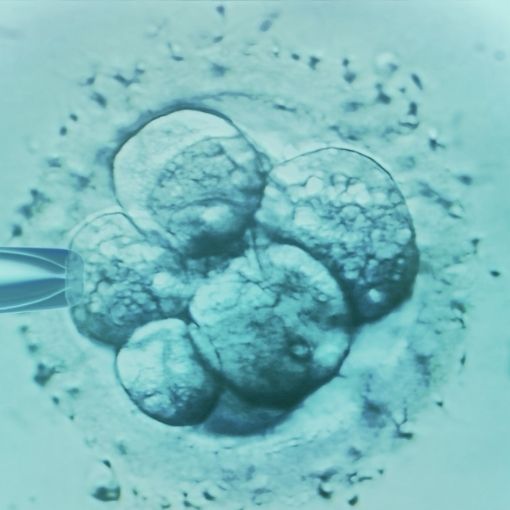Are you one of the one in ten women in the UK that suffers from Polycystic Ovary Syndrome (PCOS)? Then you probably know better than anyone that the symptoms and severity of PCOS can vary massively from woman to woman, and for some, the condition can make it more difficult to conceive.
Although PCOS can mean it’s more difficult to conceive, it’s by no means impossible, and many women with the condition are able to get pregnant and raise a family. Especially when they consider doing a few things that can boost their chances of success.
If you are looking for tips for getting pregnant with PCOS, you are in the right place! Whether you choose to make a few lifestyle adjustments or try out some of the fertility treatment interventions available, there are a number of ways you can boost your chances of falling pregnant.
Here are our top tips for getting pregnant with PCOS:
Seek medical advice
If you have been trying for a baby for over a year without success, it’s important not to suffer in silence. It’s time to book an appointment and seek medical advice. Your doctor will be able to discuss your concerns and provide you with a diagnosis and recommend the best course of treatment.
Happily, there are many treatments available for PCOS, including medications to regulate your menstrual cycle or ovulation. These can improve your chances of getting pregnant. So if you haven’t already, speak to your doctor.
Maintain a healthy weight
There is often a connection between PCOS symptoms and being overweight. Excess weight can make the symptoms of PCOS worse, and this can have a knock-on effect of making it harder to conceive. Losing weight can help to regulate your menstrual cycle and improve your chances of getting pregnant.
Even a small amount of weight loss can have a big impact on your fertility. Try to maintain a healthy weight by eating a balanced diet and exercising regularly. Even a short 30-minute walk a day will help. Start small and build up to a sustainable amount of activity, and the pounds will steadily drop off. You can check your BMI here to see if your weight currently sits within a healthy range.
Track your cycle
It’s common for women with PCOS to have irregular periods. This makes the job of predicting ovulation that little bit harder. Keeping track of your menstrual cycle can help you to identify when you are most fertile. There are many apps and tools available to help you track your cycle, including fertility trackers, ovulation kits, and basal body temperature charts, to name just a few! You can even check out your most fertile days using the Hoopsy ovulation calculator.
Reduce stress
Stress can have a negative impact on your fertility and mental health. PCOS or no PCOS, it’s so important to find ways to reduce stress in your life. Try incorporating relaxation techniques, such as yoga or meditation, into your daily routine. You may also find it helpful to talk to a counsellor or therapist if you are feeling overwhelmed.
Consider alternative therapies
There are many alternative therapies available that can help to improve fertility in women with PCOS. Acupuncture, for example, has been shown to regulate menstrual cycles and improve ovulation in women with PCOS. Herbal remedies such as chasteberry and red raspberry leaf may also help to balance hormones and improve fertility.
Be patient
Remember, as annoying as this sounds, getting pregnant is a marathon and not a race. Being diagnosed with PCOS can mean it takes a little bit longer than it does for women without the condition.
It’s important to be patient and not become discouraged if it takes longer than expected. Remember that every woman’s journey to pregnancy is unique, and there is no one-size-fits-all solution.
Conclusion
Getting pregnant with PCOS can add an additional challenge to your TTC journey, but with the right tips and guidance, it is completely possible. Seek medical advice, maintain a healthy weight, stay active and follow our other tips. Remember, the road to pregnancy may be long and winding, but the end result is worth it.
Have you tried out Hoopsy’s eco pregnancy test yet? Our mid-stream test is made of 99% paper and is 50% recyclable, and offers women a green alternative to traditional plastic pregnancy tests. Check out our shop to find out more.




